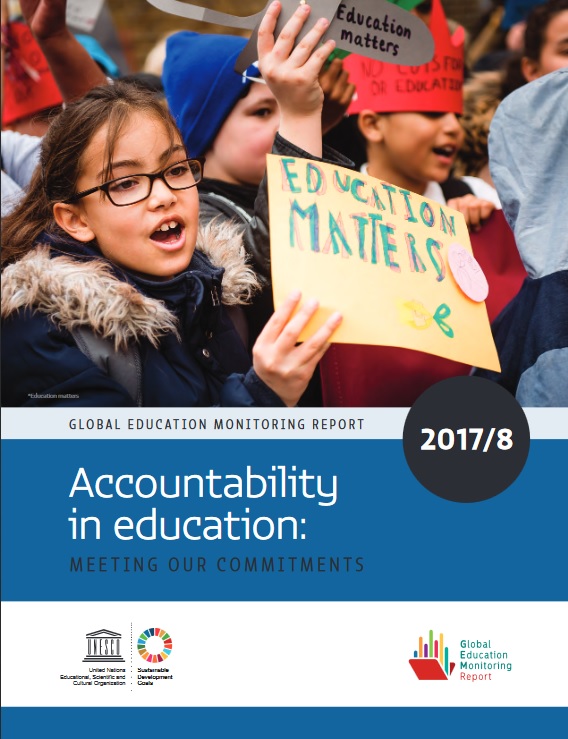
Le Centre International UNESCO-UNEVOC: Qui nous sommes | Ce que nous faisons | Nous rejoindre | Nous contacter
Le Réseau UNEVOC: En savoir plus sur le Réseau | Répertoire du Réseau UNEVOC
Espace Membres: Tableau de bord du Centre UNEVOC
Domaines thématiques: Inclusion et jeunes | Innovation et avenir de l'EFTP | Engagement du secteur privé | Les ODD et l'écologisation de l'EFTP
Nos programmes et projets clés: BILT: Connecter innovation et apprentissage | Renforcer la résilience de l’EFTP | Programme pour le leadership en EFTP | Journée mondiale des compétences des jeunes
Activités passées: Réponse COVID-19 | i-hubs: Former des pôles d'innovation | Forums mondiaux de l'EFTP | Conférences virtuelles | YEM Portail de connaissances
Nos services et ressources: Publications | Forum TVET | Profils nationaux d'EFTP | Glossaire TVETipedia | Pratiques prometteuses | Toolkits for TVET Providers | Formation à l’entrepreneuriat
Journal et événements: Grandes Manifestations EFTP | Journal UNEVOC

| Éditeur: | UNESCO |
| Publié: | 2017 |
| Licence: | CC BY |
| ISBN: | 978-92-3-100239-7 |
| ISBN online: | 978-92-3-100239-7 |
The second edition of the Global Education Monitoring Report (GEM Report) presents the latest evidence on global progress towards the education targets of the UN Sustainable Development Goals. With hundreds of millions of people still not going to school, and many not achieving minimum skills at school, it is clear education systems are off track to achieve global goals. The marginalized currently bear the most consequences but also stand to benefit the most if policy-makers pay sufficient attention to their needs. Faced with these challenges, along with tight budgets and increased emphasis on results-oriented value for money, countries are searching for solutions. Increased accountability often tops the list.
The 2017/8 GEM Report shows the entire array of approaches to accountability in education. It ranges from countries unused to the concept, where violations of the right to education go unchallenged, to countries where accountability has become an end in itself instead of a means to inclusive, equitable and high-quality education and lifelong learning for all.
The report emphasizes that education is a shared responsibility. While governments have primary responsibility, all actors – schools, teachers, parents, students, international organizations, private sector providers, civil society and the media – have a role in improving education systems. The report emphasizes the importance of transparency and availability of information but urges caution in how data are used. It makes the case for avoiding accountability systems with a disproportionate focus on narrowly defined results and punitive sanctions. In an era of multiple accountability tools, the report provides clear evidence on those that are working and those that are not.